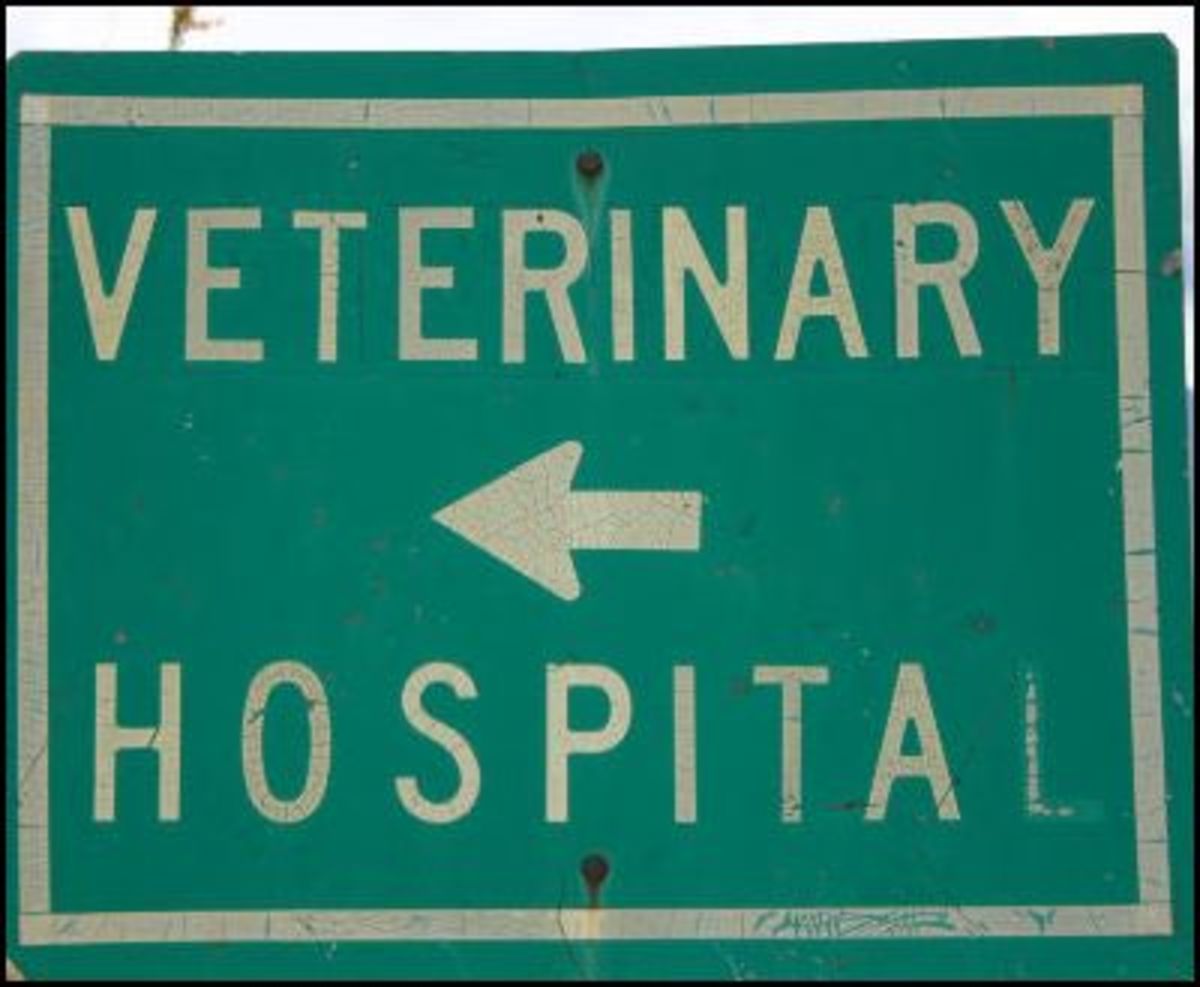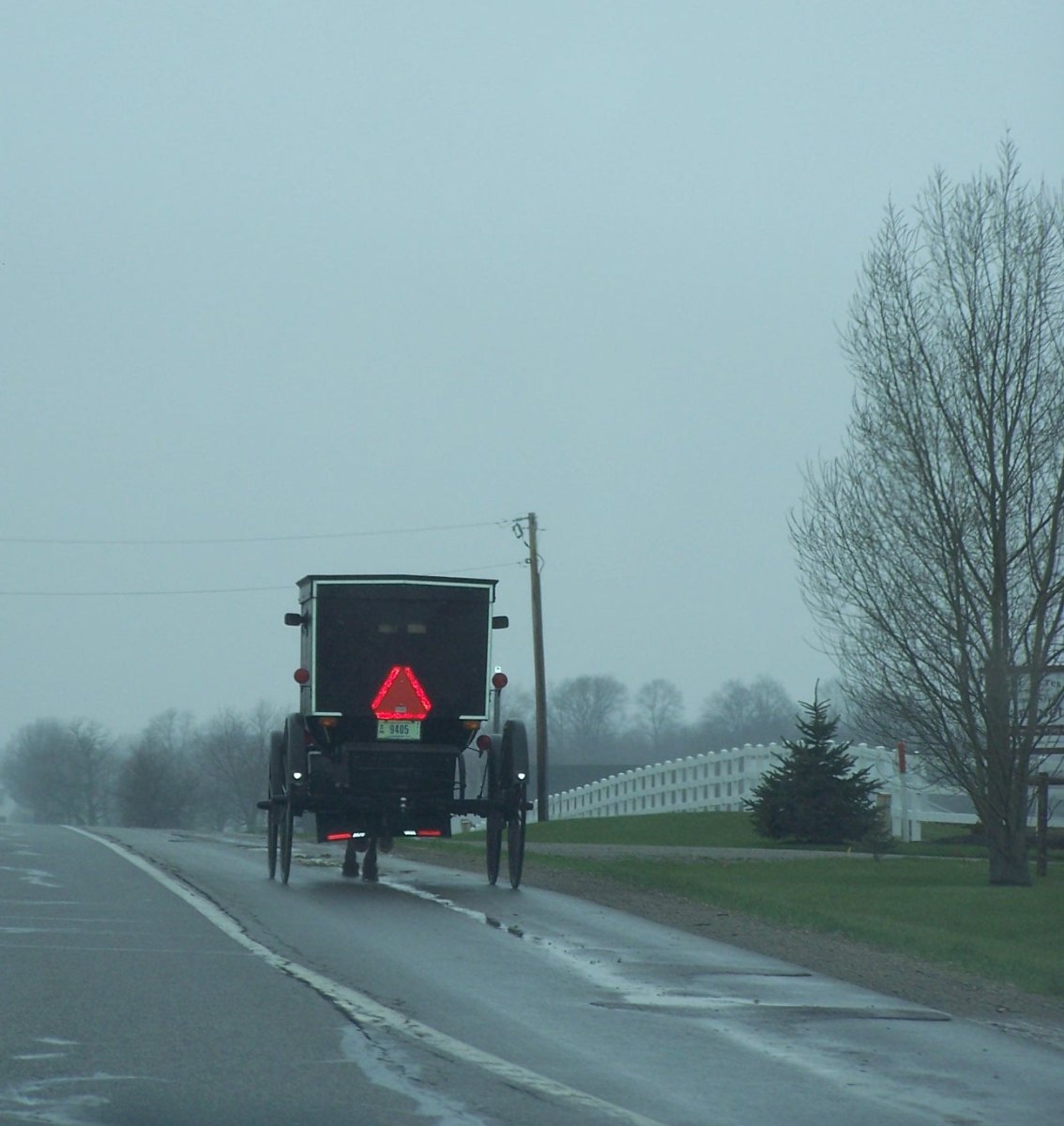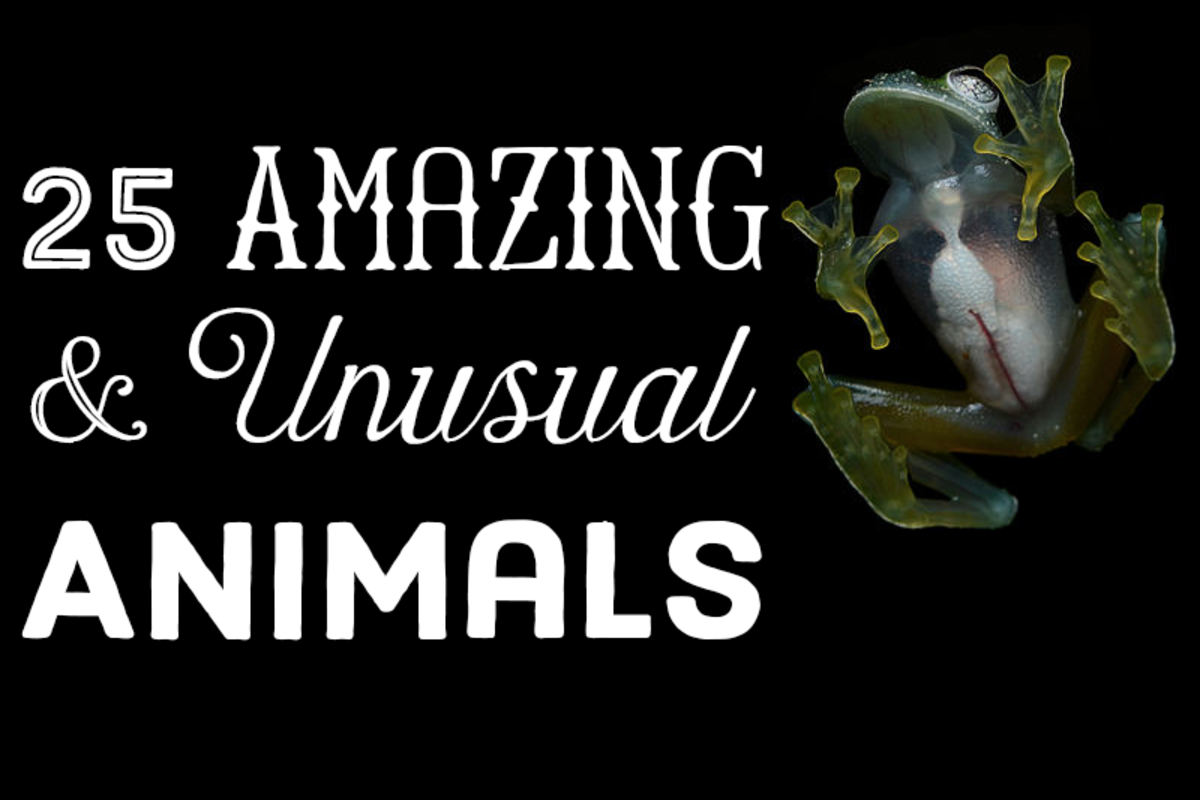Should I buy pet insurance and if so why?
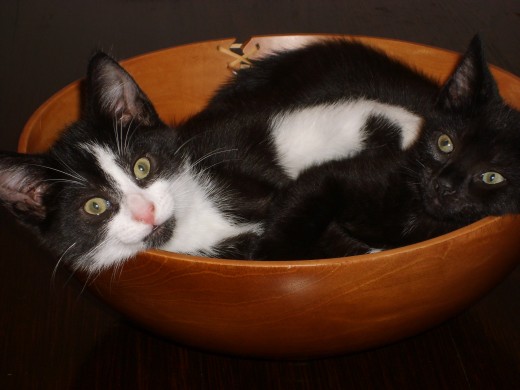
Why should you buy pet insurance? This is an excellent question, and one I heard many times when I was employed in a veterinary surgery. I spent many hours explaining to pet owners the value of having pet insurance, and I have decided to write this article in order to give those same explanations to anyone surfing the Internet looking for an answer to this question.
I would like to start by saying that I feel any potential pet owner should be responsible enough to research their pets needs fully before they take them on, and this includes unforeseen costs such as vets bills. Pets are as much of a responsibility as a small child, and have most of the same requirements. You wouldn't have your child put to sleep simply because you couldn't afford to pay a medical bill, and nor should you do this in the case of a pet. If you feel differently then you should not take on a pet at all.
Pet Insurance is very reasonably priced in most cases, and at the time of writing this article it costs me about £9 ($14) a month for each of my two cats to be fully insured with a £70 ($109) excess to pay on any one claim. A dog is usually a few pounds or dollars more. Pet insurance will cover treatment for your pets in the event of illness and accidents e.g. diabetes, car accident, removal of an ingested foreign object, emergency caesarian etc. Pet Insurance will not usually cover dental treatment or prescription diets. Other things not covered by pet insurance include, vaccinations, docking of tails, clipping nails, microchips, worming and flea treatments. Think of it like your car insurance, you wouldn't expect your car insurance to cover servicing, wiper blades or tyres, but you would expect it to cover accidental damage.

During my time working in the Vets surgery I saw a lot of owners come in with their new puppy or kitten, willing to spend loads of money on toys, treats, vaccinations etc. However, I was shocked at just how many of these same owners were reluctant to take out pet insurance. I heard a range of excuses, usually things like 'We can't afford it' or 'I would be better off putting the money I would spend on pet insurance into a separate bank account each month, and then use that money to pay the vets bills'. I found this incredibly frustrating, as their responses were so lacking in any logic.
Firstly if you can't afford the pet insurance, you can't afford to have a pet and should not have taken one on. Secondly, putting the equivalent of the monthly premium into a bank account is very unlikely to be cost effective, especially if your pet gets sick in its first year of life, as there won't be enough in that account to cover any medical bills. Apart from anything else, in practice how many pet owners would actually go to the extra effort of paying a small separate amount of money into a different account each month to cover unforeseen vets bills?
To illustrate my point, when my two cats were still under four months old, both of them required vets treatment. In one case my kitten climbed on top of a wardrobe in the night and then fell off. He tore all the cruciate ligaments in his back leg, resulting in a stack of treatment in his first year of life, amounting to over £1200 ($1881). My other kitten managed to cut open a pad on his paw and needed stitches, this added up to another £300 ($470). At the time of these claims I had paid out less than £80 ($125) in pet insurance premiums. If I had simply put that money into a bank account 'in case' my pets needed veterinary treatment, then there would not have been anything like enough money to pay the bills.
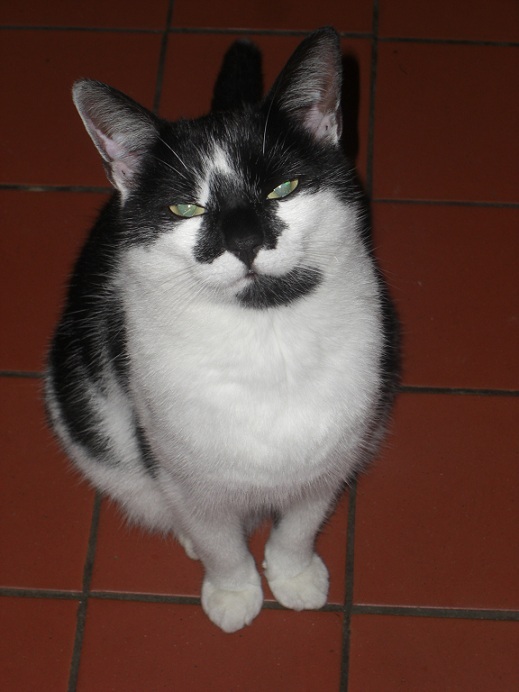
A lot of the treatments you may end up claiming for are not so predictable. I suspect this is why so many people dismiss pet insurance as unnecessary. They have in their minds that the only problem that could arise is a car accident, a cold or a bit of diarrhea. Few new owners think of the numerous other reasons they may need to claim, e.g. broken tails, amputations, pyometras (infected womb removal), surgical removal of swallowed toys, needles etc, hip displacia surgery (usually in larger dog breeds), abscesses, fight wounds or bites, eye removal, surgery to deepen sockets when knee caps keep popping out of them etc etc.
You might also want to consider that during their life many pets develop conditions that require ongoing treatment. Diabetes is a common one, and insulin is not cheap to buy if you haven't got pet insurance cover. Another problem is when your dog or cat starts to have problems with their liver or kidneys beginning to fail. This does not necessarily mean they have to immediately be put down, but they may need to take certain drugs regularly for a number of years to help keep the problem under control. Heart conditions, epilepsy, tumors, arthritis etc etc. I could go on all day. The bottom line is that not every veterinary bill is going to be a simple car accident that is a one off incident. Many conditions are ongoing and over time can add up to thousands of pounds or dollars.
Other health conditions that may not appear until your pet is in its latter years include cataracts and breast Cancer (mammary tumours).
Pet Insurance will usually cover cremation of your pet in the event it has to be put to sleep.

What I did find heartbreaking were the cases where people brought in their very poorly cat or dog to the practice and had no pet insurance, nor could they afford the money to pay the vets bill. In those cases they were left with no other choice than to have their pets put to sleep. You could argue that the vet should have treated the pet out of kindness or compassion (certainly this was how I felt), but it was explained to me that if they did this then the word would quickly spread, and before they knew it everyone would be claiming they could not afford to pay their vets bills in the hope they too would get 'free' veterinary treatment. Drugs, bandages, anesthetic, needles, syringes, nurses etc, do not come without a high price tag themselves, and the vets cannot subsidise this out of their own pockets.
Many vets (including the one I worked for), will offer to allow pet owners to pay their bill in installments, but this is daunting if the bill is many hundreds or even thousands of pounds or dollars. I saw at least one case where the owner simply had no surplus income, even to pay in installments, so even though the problem could have been treated, her cat had to be put to sleep instead. In another example I saw a young Staffordshire Bull Terrier that had eaten a foreign object (I think it was a cork). The young man who owned the dog had learning difficulties and did not have employment. His parents could not afford to pay the prospective vet bill either. The dog was a gorgeous natured dog and honestly I would have paid the bill myself if I could have afforded to. Ultimately the dog was due to be put down because the bill was going to be impossible to pay, but luckily one of the local rescue centres stepped in and paid the large bill for the surgery required. Normally if they do this they insist on taking ownership of the animal, and they did so in this case too. However, realising the dog was going to be hard to re-home, and due to the young man repeatedly phoning the rescue centre pleading for his dog back, they finally relented and returned his beloved dog to him. He was lucky, and I know his parents promised me they were going to take out pet insurance on their son's behalf so this situation could never happen again.
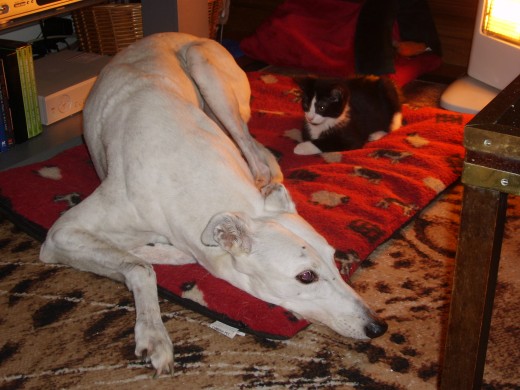
A Few Pet Insurance Tips
I am assuming hopefully that I have convinced you that buying pet insurance is a good idea, not only to protect your pet, but also to protect you and your family from either a huge vets bill, or the heartbreak of having to put a pet to sleep that could have been saved if the funds to pay the bill had been available. If you are looking for good pet insurance here are a few tips to get you started.
1) Take out pet insurance as soon as you get your pet. Most policies will not pay out until they have been active for at least two weeks, so the sooner you have the pet insurance in place the better, especially when you think of all the things puppies and kittens get up to when they are young.
2) Try to get recommendations from friends or family who already have pet insurance on their own pets. They may have had good or bad experiences with certain pet insurance companies, and this could be helpful when you are deciding which company you want to insure your pets with.
3) From working at the veterinary surgery and from my own experience I would advise you to avoid pet insurance provided by supermarket chains. These supermarket policies seem to find endless reasons not to pay out or to bump up annual premiums based on treatments you have previously claimed for. The one exception I found to this rule was Marks & Spencer's Pet Insurance, as they seemed very good about paying out on claims, plus at the time they offered one policy with no excess to pay, (although the monthly premium may have been slightly higher if you chose this option). Personally my cats are insured with Direct Line Pet Insurance, and they have always paid out on my claims quickly. Direct Line never caused us any problems with claims made by clients through the vets practice I was employed by either. Another well known pet insurer is Petplan, and I have used them in the past with no complaints also. Again I saw no problems with them paying out promptly on claims during my time at the vets surgery.
4) Make sure the pet insurance policy will cover any ongoing medical conditions for the full lifetime of your pet and they do not have a limit on how much they will pay out on any one condition.




